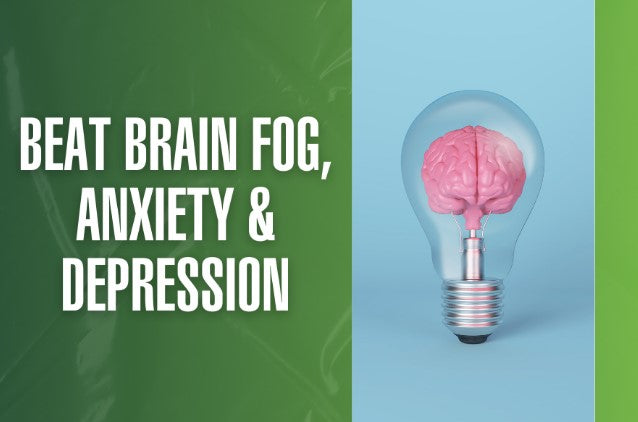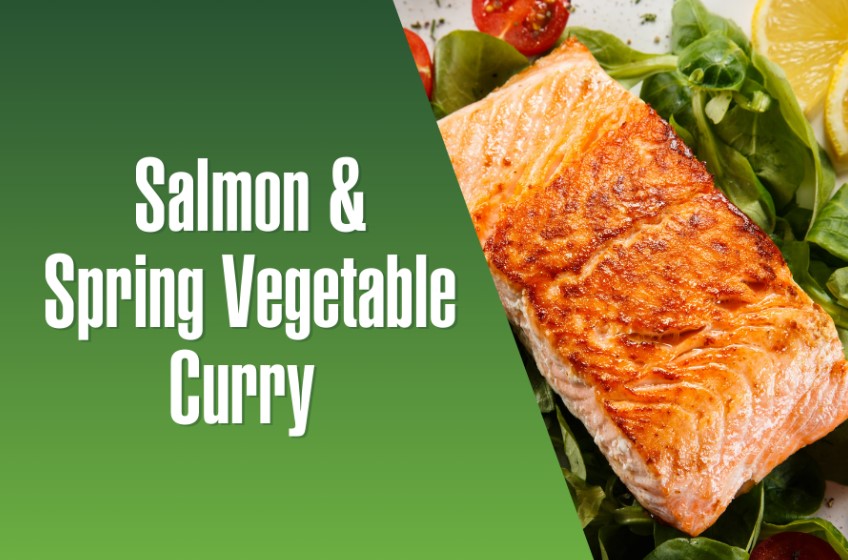The time of year has come that lots of folks find themselves sneezing and itching, with their eyes watering, nose running, and generally feeling miserable due to all of those beautiful blossoms and green grass.
And what do most people do when spring seasonal allergies affect them? They turn to allergy medications.
But what they don’t realize is that allergens like pollen, grass, and dust are NOT the reason why they get allergies. If the allergen were the problem, everyone on earth would have allergies, wouldn’t they?
Today, we’ll talk about TRUE CAUSE of why you have allergies, and a better way to treat not only your symptoms, but the underlying reason for your allergic reaction as well.
We’ll also explore why so many Americans suffer from seasonal allergies, what you can do about it if you’re one of them, and how to get relief from annoying allergy symptoms without using medications with long lists of side effects.
Allergies: A Blossoming Problem
There are an estimated 40 million individuals in the United States who are affected by allergies. If you don’t suffer from them yourself, you know somebody who does have allergies.
Asthma, which is often tied to allergies, is the sixth ranking chronic condition in our nation and the leading serious chronic illness for children in the US.
But did you know that while so many Americans suffer from allergies and asthma these days, they actually used to be relatively rare conditions?
To find out why, let’s consider what causes seasonal allergies – or any allergies for that matter.
We suffer from allergy symptoms when our bodies sense an allergen and release histamine as a response. It’s actually an OVER-REACTION by the immune system. So why did the immune system over-react in the first place?
The reason why you have the allergies is not the allergen!
I know you may be thinking, “Has Dr. D gone crazy?” Hear me out…
Now, I’m not denying that the allergen is the complicating factor, it certainly is. But that’s NOT why you have the allergy in the first place!
Because, if the allergen truly gave you allergies, we would ALL get them! So it’s not the allergen, but the TERRAIN the allergen enters when it comes in contact with you.

Anyone suffering from allergies is actually suffering from a LEAKY GUT problem!
The gut, which should have a strong barricade, developed little holes (think of Swiss cheese), which now allows these toxins and allergens to get into your bloodstream, and once there, your immune system goes on the attack. That attack is the allergic reaction that you feel.
So in order to treat the allergic response, we need to heal the leaky gut that caused it. And that means it’s critical that we support the immune system. By ensuring that the immune system is performing optimally, allergens will cause less of an overreaction.
Your Plan to Support a Strong Immune System
Your immune system is not only responsible for keeping you from getting sick, it also plays a role in preventing the allergic response, preventing serious diseases like asthma, arthritis, heart disease, and cancer, mood and brain health, hormone balance, skin issues, and more. The immune system is incredibly important and we don’t give it enough credit!
Step 1: Avoid Allergy Trigger Foods
During allergy season especially, avoid foods that exacerbate the leaky gut and therefore, the allergic response:
- Gluten
- Soy
- Alcohol
- Coffee and other caffeinated beverages
- All dairy products
- Sugar
- Artificial sweeteners
- Peanuts
- Chocolate
- Processed foods with preservatives
- Shellfish
Step 2: Eat Allergy Diminishing Foods
You want to replace those foods with others that will strengthen your immune system, heal the leaky gut, and alleviate the allergic response:
- Dark, leafy green vegetables, especially kale*
-
Swiss chard or rainbow chard*

- Cabbage
- Broccoli* and cauliflower
- Beets*
- Carrots
- Sweet potatoes
- Ginger
- Turmeric*
- Cilantro
- Garlic and onions, especially red*
- Seaweed
- Extra virgin olive oil
- Avocado
- Wild-caught salmon (not Atlantic)
- Coconut oil
- Chia seeds
*Many of those foods are rich in quercetin, a compound that gives spices, fruits, and veggies a deep red hue, but can also be found in greens like kale. Quercetin stops the histamine reaction so you want to load up on quercetin-rich foods when allergies attack.
Eating the right foods during allergy season will go a long way toward reducing your symptoms. But there’s more you can do to make your allergy season easier.
Step 3: Reduce Allergens in Your Home
Learning how to manage your home’s environment to reduce allergen levels is really important in the fight against allergy symptoms.
You might think that the interior of your home is a respite from outdoor allergies, but that’s not the case. Indoor air quality is typically up to 70 times more toxic than outdoor air, according to the Environmental Protection Agency. Pretty scary when you start to think about it, huh?
First and foremost, no shoes in your house. Think about it, it’s common sense – most household dirt is going to be trekked in through the front door and you’re going to have pesticides, fungicides, and sometimes even dog feces, in addition to pollen and other allergens that you can be walking on outside.

Clean all surfaces at least once a week and use a vacuum cleaner with a HEPA filter for your carpets. HEPA-filter vacuums capture the widest range of particles and get rid of the allergens that you can be exposed to – especially if you have a pet that releases dander in your house.
It’s a good idea to shower before bed on days when the pollen count is high or you’re experiencing a reaction to wash those allergens off.
Finally, diffuse essential oils that are known to open up nasal passages and promote easy breathing – peppermint, lavender, menthol, and eucalyptus. I also suggest putting a few drops on your pillowcase or diffusing on your bedside table while you sleep.
Step 4: Supplement Your Way to Fewer Allergies
Over the counter allergy drugs are not the only way to fight allergies. In fact, there are better ways to fight hay fever without all of the side effects. Make sure you’re taking all of these supplements during allergy season. Or better yet – year round!
- Good quality probiotics are the army of your gut, waging war against bad bacteria and yeast that slows down your immune response.
- Acid- Kicking Daily Greens will keep your microbiome, which is home to your immune system, in pH balance.
- Quercetin, which I described above, is also available as a supplement to inhibit the histamine response. This does wonders for people during hay fever season.
-
Magnesium, which you can get in Acid-Kicking Minerals, is clinically shown to open up restricted airways to ease breathing and improve lung function. In fact, one study showed that lab animals that got enough magnesium had fewer histamines in their blood than those that were deficient. So add in Minerals every night to ensure you’re getting enough magnesium, as well as the proper balance of calcium, potassium, and sodium bicarbonate.
-
Leaky Gut Protocol – check out page 234 of my first book, GET OFF YOUR ACID! Starting on that page is a detailed protocol that not only heals leaky gut, but destroys any candida in the gut (and blood).
GET OFF YOUR ACID!
Dr. Daryl
 Skip to content
Skip to content





